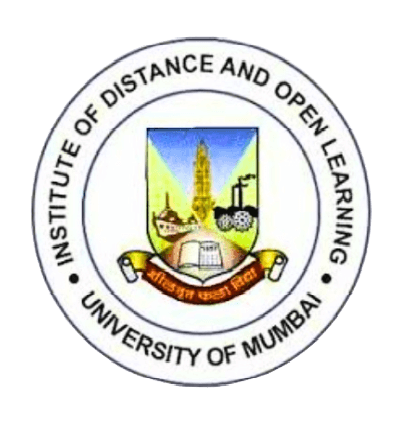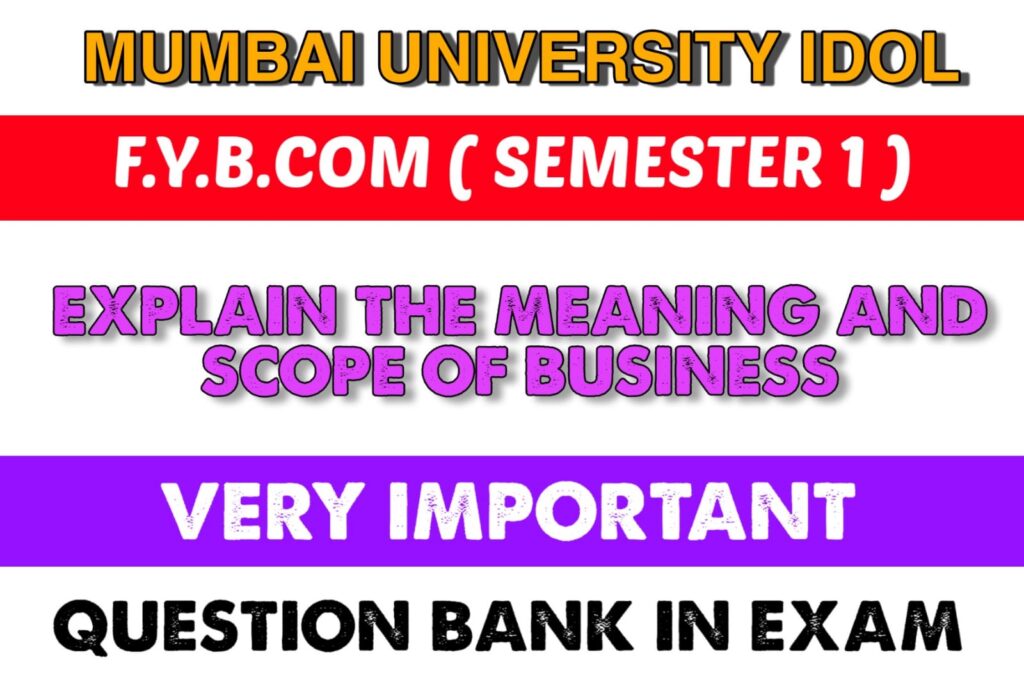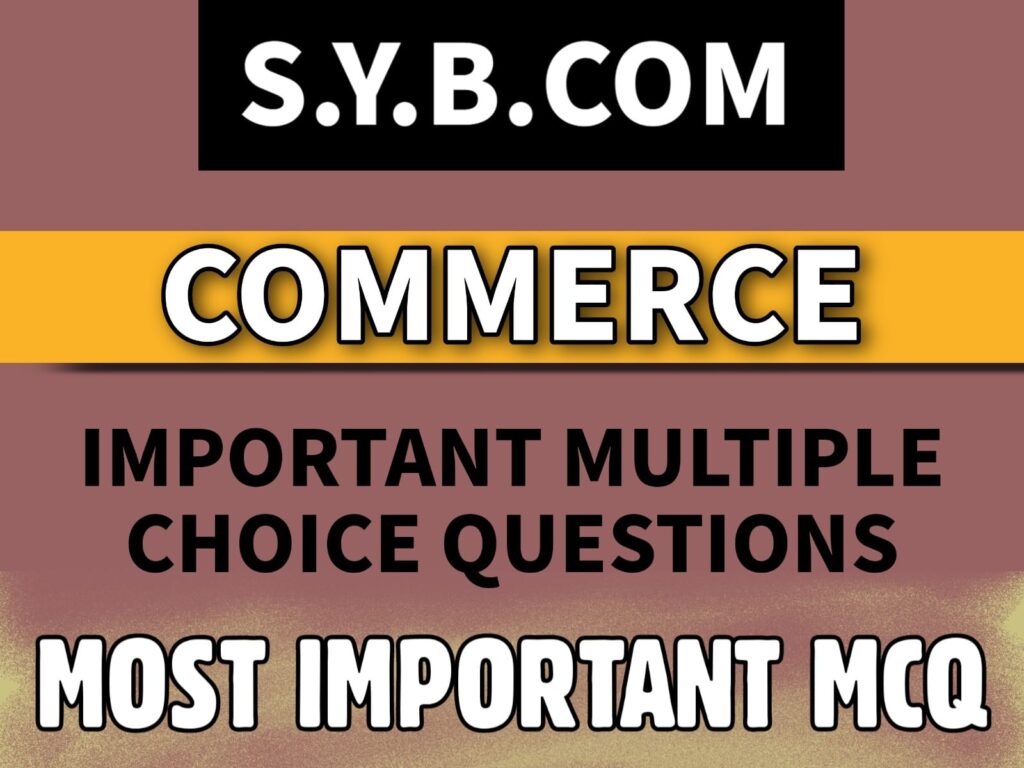Explain the Meaning and scope of Business F.Y.B.COM SEM I Commerce Paper I
F.Y.B.COM ( SEMESTER – I ) Commerce Paper I (Introduction to Business) Q1. Explain the Meaning and scope of Business. Meaning :- According to L.H. Haney, “Business is a human activity directed towards producing or acquiring wealth through buying and selling activities.” SCOPE OF BUSINESS Business has a very wide scope. It includes large number of activities. These activities may be grouped under Two broad categories i.e. Industry and commerce. I. Industry : The term industry refers to that part of business activity which directly concerns itself with production, processing or fabrication of goods and services. It creates form utility. In industry, raw materials are converted in to finished products, which can be used for consumption. Some industries manufacture consumer goods while others manufacture capital goods. Following are the various types of industriesa) Primary IndustriesThese industries are engaged in the production of primary goods, such as rice, cotton, fish etc. The best examples of this type of industries are Agriculture, fishing etc. b) Genetic Industries : `Genetic industry involves breeding and reproduction of plants and animals for the purpose of sale. Poultry, Plant nurseries, sericulture etc. are examples of genetic industry. The price of products available from such activities is generally less. c) Extractive Industries : Extractive industries extract valuable minerals, ores etc. from the natural elements like soil, water and air. These industries are concerned with the discovery and utilisation of natural resources such as minerals and forests. d) Manufacturing Industries : Manufacturing industries are concerned with the conversion of raw material into finished goods. They create form utility. The products of primary and extractive industries such as cotton, ironore, crude oil, etc. are used as a raw material in these industries. e) Construction Industries : Construction industries are concerned with the construction work like construction of bridges, dams, canals, roads, harbours, building etc. These industries do not operate in factory buildings but at the site allotted.. f) Service Industries : Service industries produce intangible goods i.e. goods which can’t be seen or touches for example transport, insurance, banking etc. These services are essential and useful for the expansion of business. II. Commerce : Commerce involves all those activities which facilitate transfer of ownership and movement of goods from the centers of production to the centers of consumption. In other word it involves all forms of trade and the services that assist trading. Commerce include trade and aids to trade. A) Trade : Trade means buying and selling of goods and services. It involves transfer of ownership of goods from the seller to buyer against money. In other words, trade is an exchange of goods and services for a price which the consumers are ready to pay. Consumers may be an individuals, government and industries who need raw materials. 1. Internal Trade : Internal trade is also known as home trade. It is conducted within the country. It can be at local level, regional level or national level. a) Wholesale trade : It involves buying in large quantities from producers and selling in smaller lots to retailers. The wholesaler is a link between manufacturers and retailers. b) Retail Trade : Retail trade involves buying in smaller lots from the wholesaler’s and Selling in very small quantities to the consumers for personal consumption. The retailer is the last link in the chain of distribution. He established a link between wholesaler and Consumers. 2. External Trade : The trade carried on between the traders of two different countries is called external trade. It is also called as International trade or foreign trade. It includes following trade. a) Export Trade : Export trade involves selling of goods from one country to another. For example, when goods are sold from India to America. b) Import trade : Import trade involves buying of goods from a Seller of another country. For example, a buyer from India purchases goods from a seller of china. c) Entrepot trade : When goods are imported from one country and then reexported to some other country, it is called entrepot. For example an Indian trader may buy goods from Bangladesh and then sell it to Pakistan. B) Aids-To-Trade Aids to trade constitute another component of commerce. Aids to trade include various agencies which are useful for the conduct of trading activities. There are as follows. a) Warehousing : There is a time gap between production and consumption. However, goods which are produced at one time are not consumed at the same time. Hence, it becomes necessary to make arrangement for storage or warehousing. Agricultural commodity like wheat and rice are seasonal in nature but are consumed throughout the year. On the other hand goods such as Umbrellas and woolen cloths are produced throughout the year but are demanded only during particular seasons. Therefore goods need to be stored in warehouses till they are demanded. b) Transport : There is a place gap from the place of production to the place of consumption. Goods are produced in one part of the country and Consumption in other parts of the nation. Transport fills the place gap. It meets out the gap between producer and consumer. It helps the manufacturer to expand their markets from local to regional, regional to national and national to global. c) Communication : Communications facilitates transfer of information. It involves transfer of messages from one person to another and from one place to another. It can be in oral or writing form of information. Oral communication can take place through telephone or personally. Written communication is possible through letter, fax, e-mail etc. It facilitates quick transfer of messages to take important decisions quickly. d) Insurance : Insurance reduces the problem of risks. Business is subject to risks and uncertainties. These are inevitable in the field of business. Risks may be due to fire, theft, accident or any other natural calamity. Insurance companies who act as risk bearer cover risks. Insurance tries to reduce risks by spreading them out over a greater



